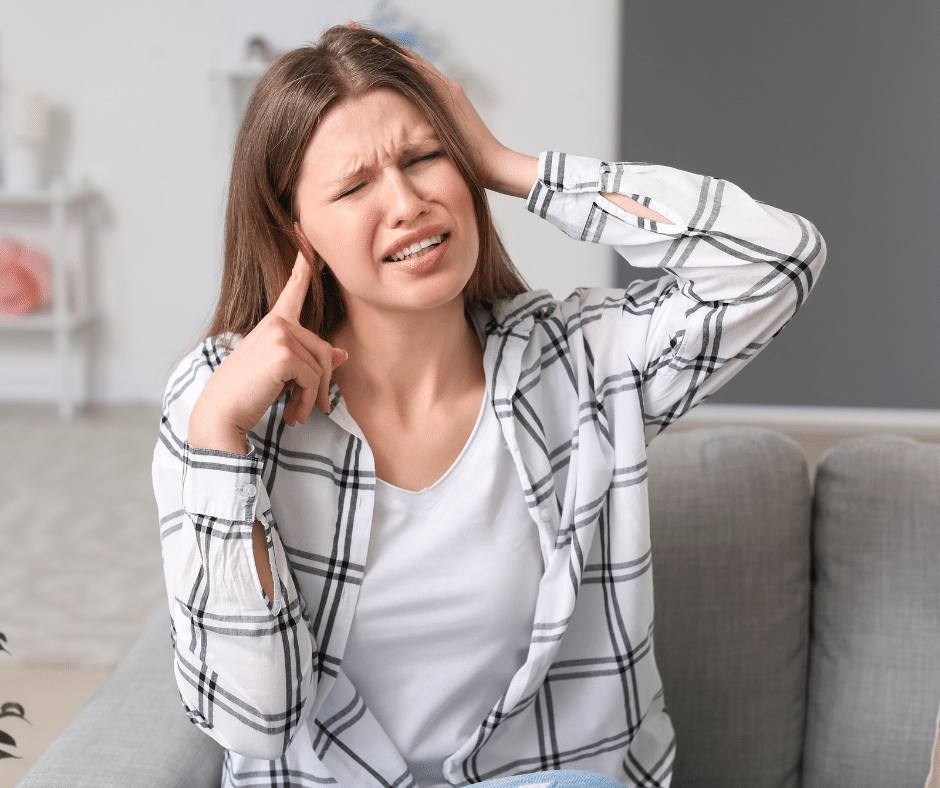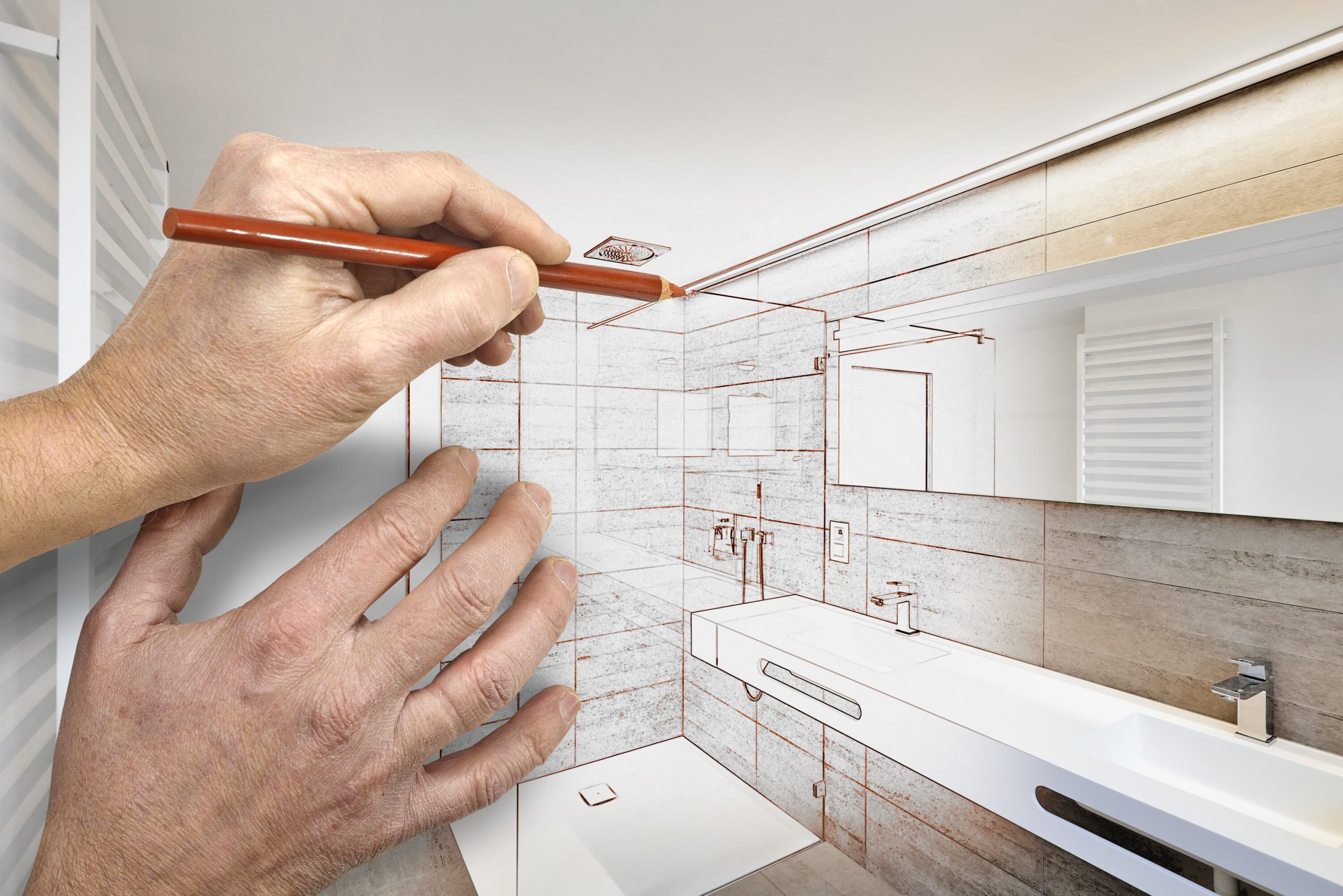
Air Conditioning and Your Health
For your convenience, listen to the article here:
Here in the Tennessee Valley, we depend on air conditioning to keep our homes and workplaces comfortable for several months every year. And it’s not just a matter of comfort. Particularly for individuals more sensitive to heat, like our senior citizens. Air conditioning can be an absolute necessity for health and even survival during the hottest days of summer. However, if air conditioning systems are not correctly used and maintained, they can have negative effects on our health. Let’s take a look at the various ways air conditioning can affect our health and what we can do to decrease the risk of negative effects.
See Also: Keep Allergens Out of Your Home
See Also: Simple Upgrades to Your HVAC for Autumn
Air Conditioning Saves Lives
While humans have used various methods for heating ever since the discovery of fire, effective air conditioning is a relatively new development. According to Time Magazine, as of the 1960s, air conditioning could be found in only about 12% of American homes. Of course today, air conditioning is much more widespread, being found even in northern parts of the country.
The Chicago Tribune reports that the spread of air conditioning into homes and businesses across the nation has saved lives. The number of deaths caused by intense heat waves in America has dropped by a whopping eighty percent since 1960. That adds up to literally thousands of lives saved by air conditioning.
See Also: Is is a Cold or Home Allergies
See Also: HVAC Upgrades for Cleaner Air
But a Poorly Maintained Air Conditioner Can Make You Sick
While air conditioning has saved thousands of people from dying in heat waves, it can also have a negative effect on your health if your air conditioning system isn’t properly maintained. You see, the problem is that air conditioning creates condensation. As the warm, humid air passes over the coils full of refrigerant, the air cools rapidly and moisture from the air condenses on the coils—just like the condensation on a can of ice-cold Coke on a summer day.
This condensation is good because it dehumidifies the air, making your home more comfortable. But if the water doesn’t drain off and out of the air conditioner promptly, then it can create a perfect damp, dark breeding ground for microorganisms. If bacteria begins growing inside the unit, then every time the air conditioner turns on, it will blow those microorganisms right into your home or workplace.
As Dr. Mark Mendell explained to Time Magazine, air conditioning systems spreading microorganisms is one of the main causes of “sick building syndrome.” Sick building syndrome refers to an issue that came to forefront in the 1970s and 80s, as the use of air conditioning was becoming more common in this country. Many people working in the same building would begin experiencing symptoms like nasal congestion, headaches, and skin irritation. Eventually, doctors like Mendell began linking those symptoms to problems with the air conditioning systems in the buildings.
Of course, sick building syndrome isn’t something that can only strike workplaces. Bacteria and other microorganisms growing in air conditioning units can also make your home “sick,” increasing allergies and asthma symptoms. The way to prevent these problems is to have regular maintenance performed on your HVAC system. A licensed HVAC technician can check for microorganisms growing in your unit, clean them out, and correct any problems, like a clogged drain line, that may be causing moisture to build up.
See Also: Air Purifiers
See Also: About Us
Stay Cool, Not Cold, For Better Health
Aside from dirty air conditioners, the other major cause of negative health effects from AC use is over-air-conditioning. Your air conditioner is meant to keep you comfortable in the summer. It is not to turn your home or office into a hockey rink! Setting the thermostat very low may feel good when you first come in from the heat outside. This is not good for your system, your wallet, or your health.
From a health perspective, one of the problems with over-air-conditioning is that it keeps you from acclimating to the summer weather. The result is that you’re more likely to suffer from heat-related issues when you do spend time outside in the summer. Set the thermostat a few degrees warmer. You’ll find yourself feeling more comfortable both inside and outside after 3-4 days of acclimation. Studies have actually found that workers in offices that are too cold end up being less productive. Anyone who’s had to repeatedly get up from their desk and walk around to keep from freezing in an icy-cold workplace can tell you why!
Another issue with over-air-conditioning is that it can dehumidify the indoor air too much. I know that’s hard to imagine during a Tennessee Valley summer. It is possible! When the indoor air gets too dry, it can cause skin irritation and dryness. It can also cause nosebleeds, sore throats, and itchy eyes. Again, it’s simple enough to prevent these problems. By simply setting the thermostat a few degrees higher so that the air conditioner will run less and leave more humidity in the air.
See Also: Air Cleaners, Filtration, Humidity Control
See also: Humidity Control
Conclusion
Air conditioning has had a very positive impact on our health and lives. But air conditioning systems require proper maintenance and use to avoid potential negative effects that could occur. Plus, maintaining your air conditioner and setting the thermostat a few degrees higher will save you money in the long run!


